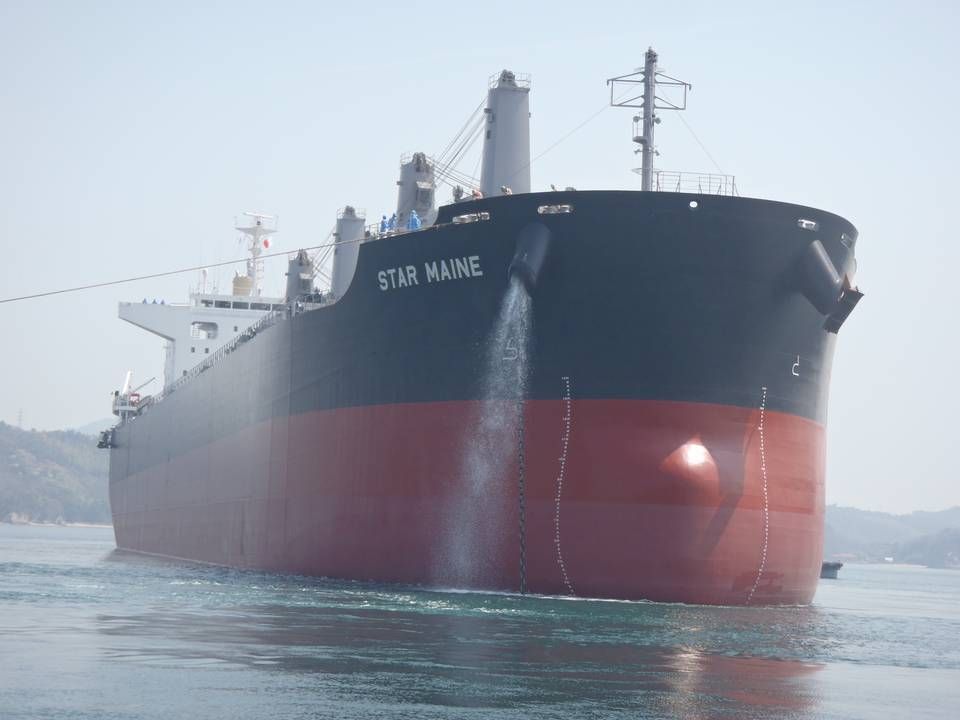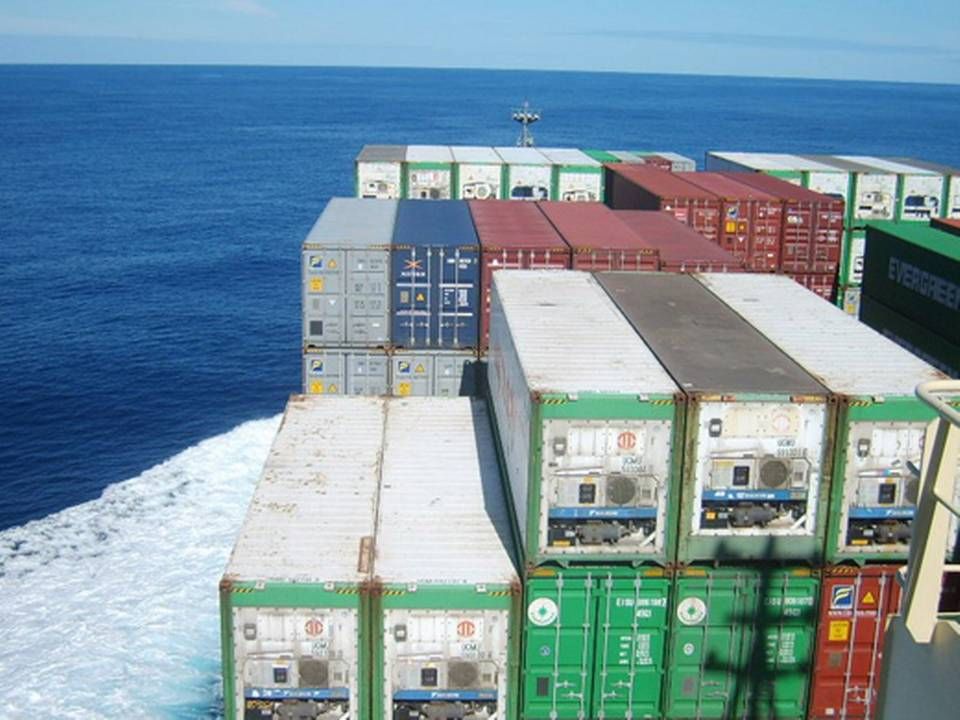Singapore wants more investors to enter the field

SINGAPORE
Singapore is looking to play a larger role in financing to the maritime sector, which has traditionally been closely tied to large European banks such as DNB, HSH Nordbank, and Nordea.
Singapore Shipping Association is therefore working with a series of shipping and financing companies to establish a new forum, Maritime Capital Forum, for which the plan is to bring 100 institutional investors and 20-25 maritime companies together annually. The aim is to spur financing arrangements in a market that is currently fragmented and where the major banks in particular are withdrawing their involvement in the most hard-pressed segments and companies.
"Now is the right time, before the market turns and becomes more positive. The target demographic will be listed as well as private companies looking to raise fresh capital," said Lee Keng Mun, Chairman of the financing committee under the Singapore Shipping Association (SSA).
The announcement from the SSA came at a briefing on the first day of the large shipping conference Singapore Maritime Week, which is only held every other year and which is considered the world's biggest maritime event.
The initiative also comes at a time when Singapore has seen several of the city state's prominent maritime companies in unusually dire financial straits. Some of the companies – most recently Ezra – are undergoing restructurings, while a company such as Rickmers Maritime Trust recently had to acknowledge that a restructuring was not possible, and the company has thus sold its entire fleet, all its assets, to Greek Navios.
Difficult to figure out
In the case of Rickmers Maritime Trust, the company has not shied away from the fact that one of the challenges was that the bondholders, who wound up rejecting the rescue plan proposed by the company, likely had a hard time figuring out their investment comfiguration. At any rate, it looks like the investors will not get much back in their loans, which could – potentially – have provided some kind of dividend if the company had continued operations.
As such, one of the SSA's ambitions is to provide better information about investments in the maritime sector, said Mun, who in addition to being on the SSA board of directors also serves as HSH Nordbank's Head of Shipping in Asia.
"Our goal is to distribute information about shipping, just as we're looking to connect the best shipping companies with financing sources," explained Mun.
Towards the end of this year, Singapore will for the first time host its Maritime Capital Forum over two days, aimed at brining together professional investors and shipping companies. Mun expects that the banks will, going forward, continue to account for the vast majority of financing in shipping, but that – especially now while the industry is under pressure and there could be a need for other opportunities for financing – there is sense in finding alternatives.
The initiative from Singapore thus represents yet another case of the new forms of financing that have emerged in the early months of 2017 alone, as reported by ShippingWatch. Pension funds and new leasing arrangements backed by Chinese banks are just some of several new sources of financing.
Financing will be on the agenda again on Wednesday during the Singapore Maritime Week.
English Edit: Daniel Logan Berg-Munch
These are the new lenders in shipping
Related articles
These are the new lenders in shipping
For subscribers
Singapore ready with rescue package for shipping
For subscribers



















